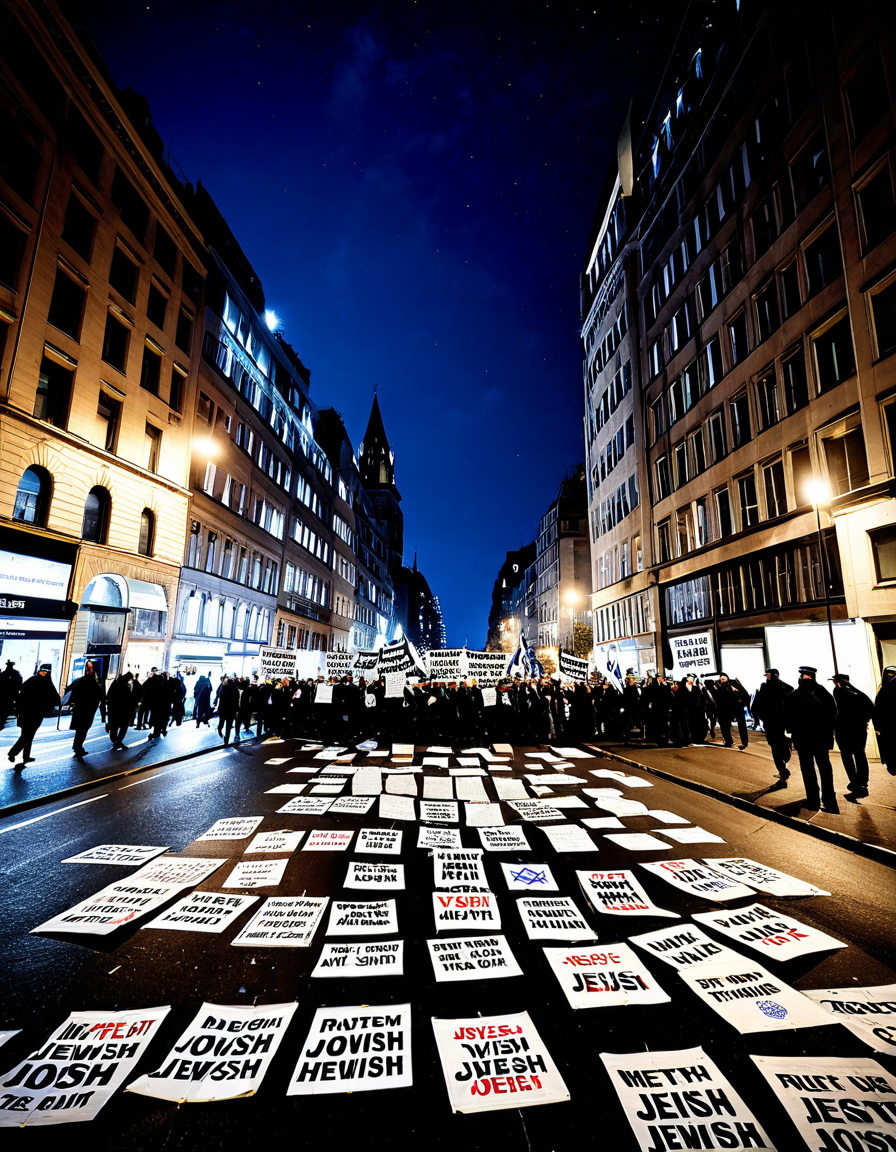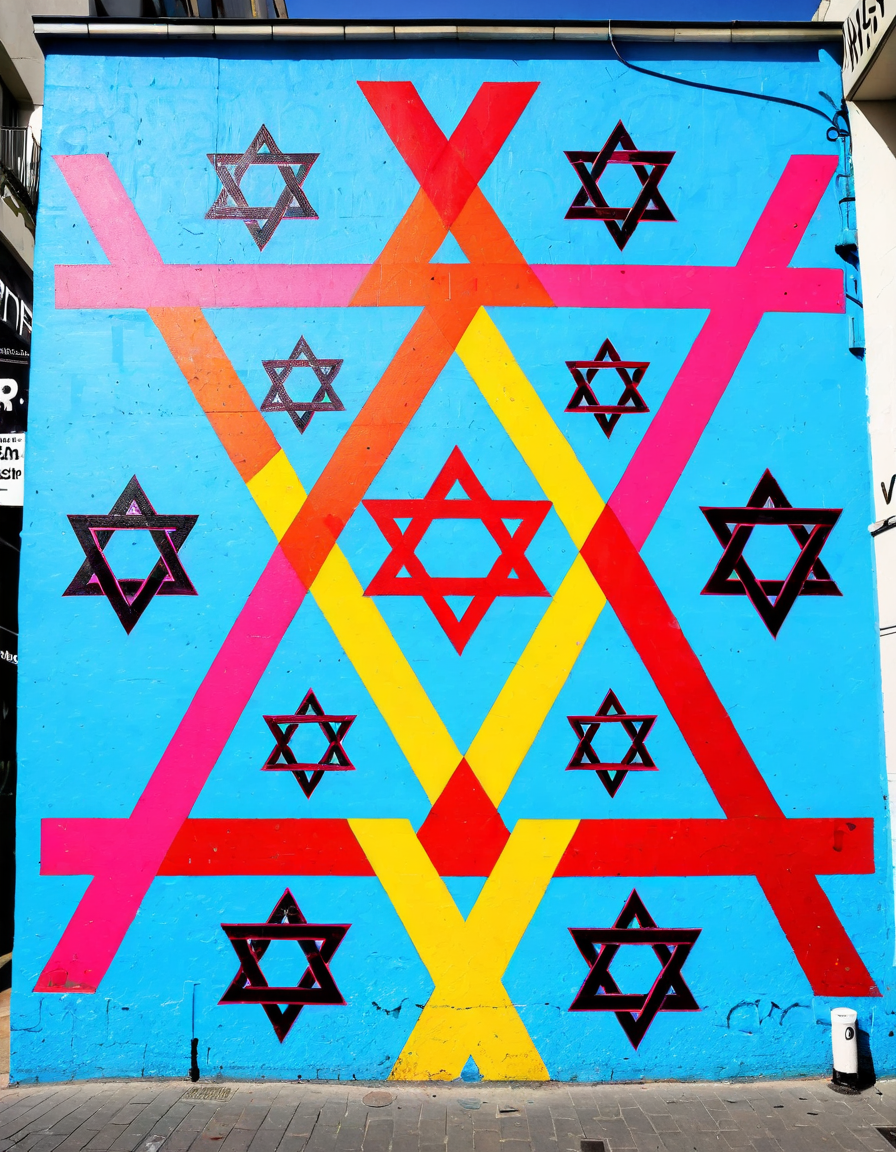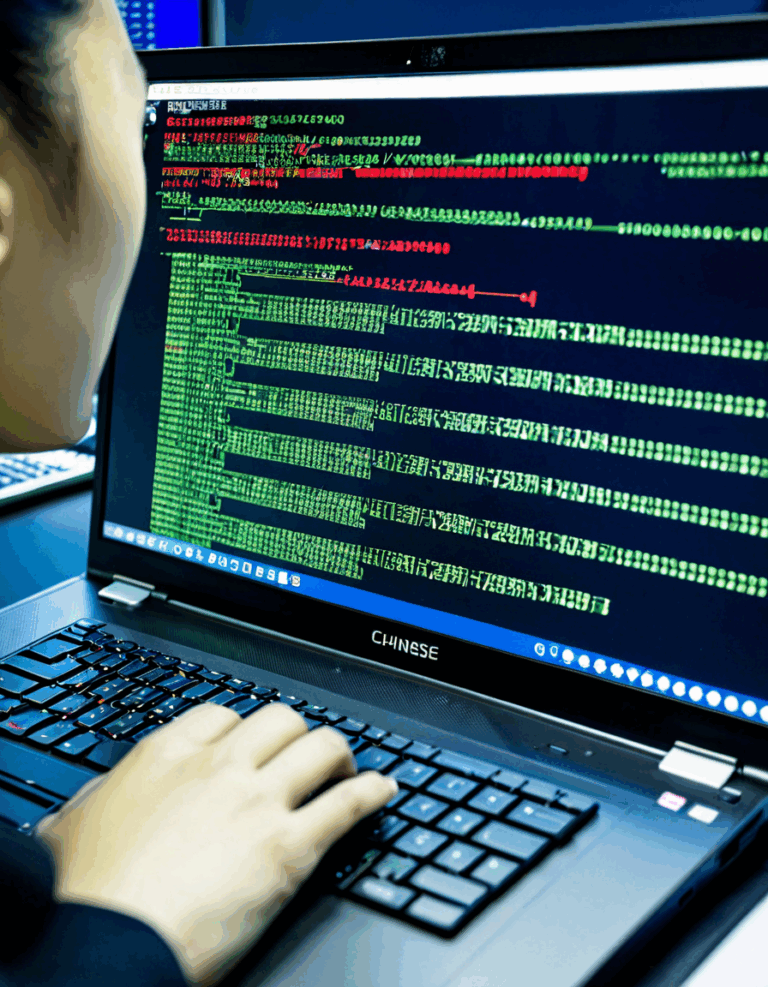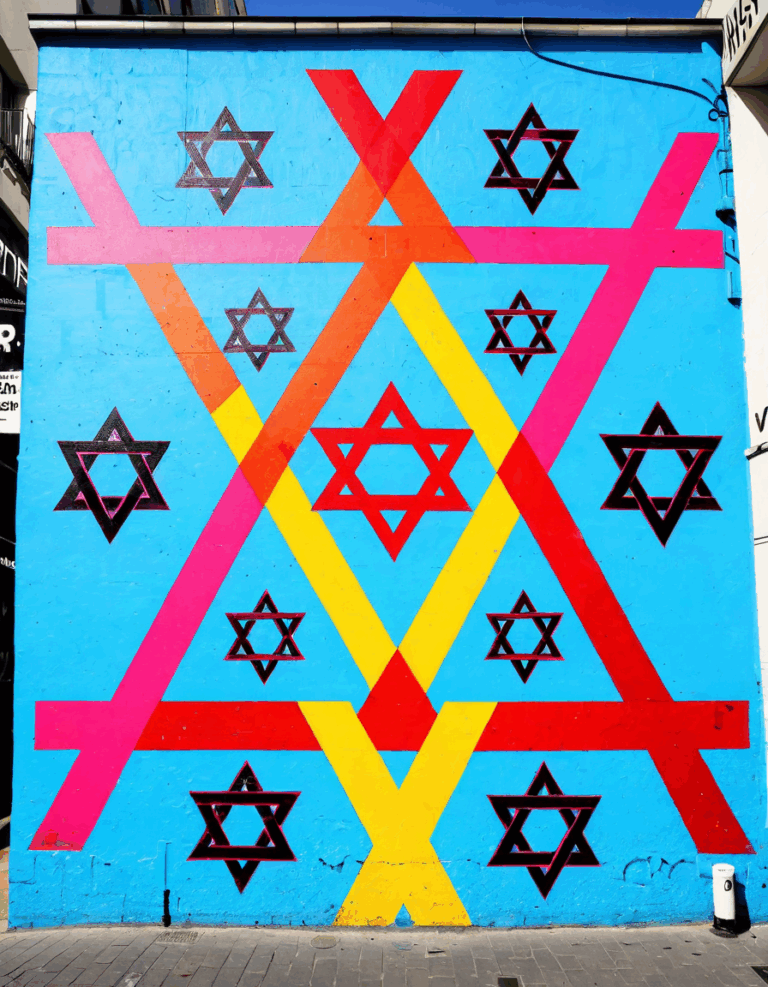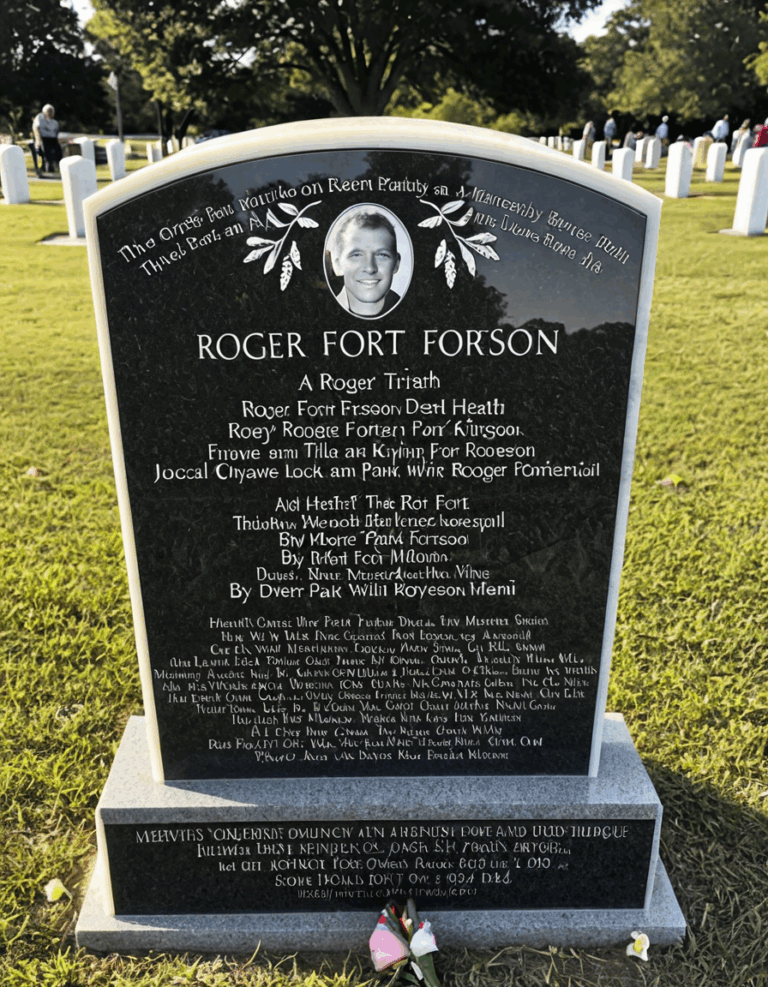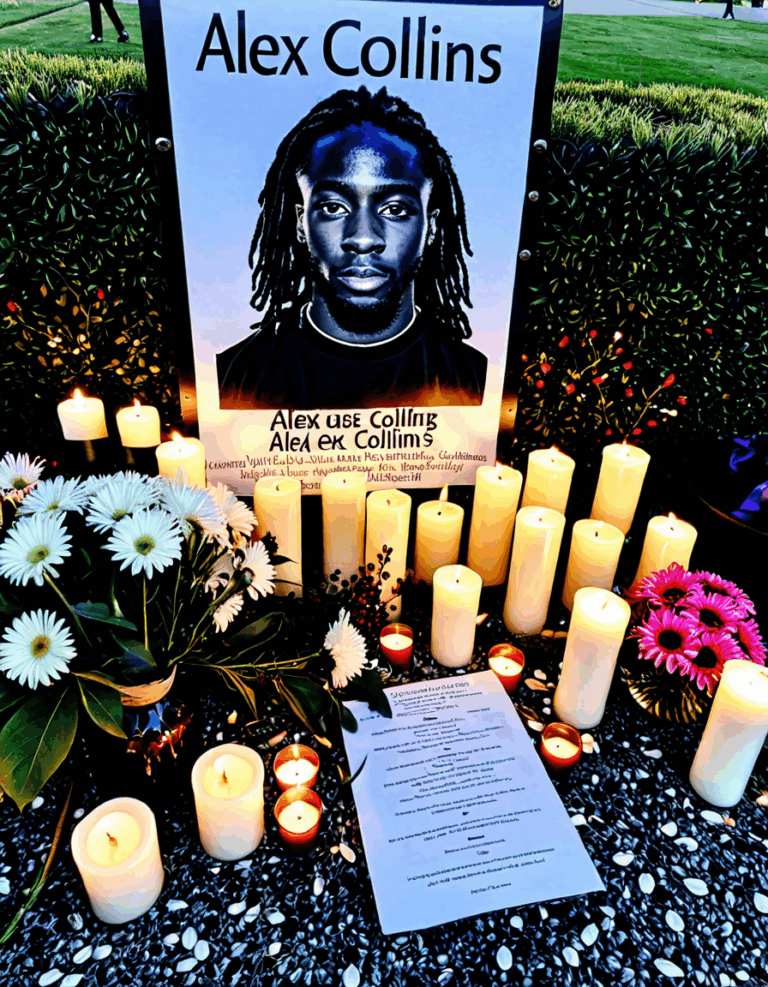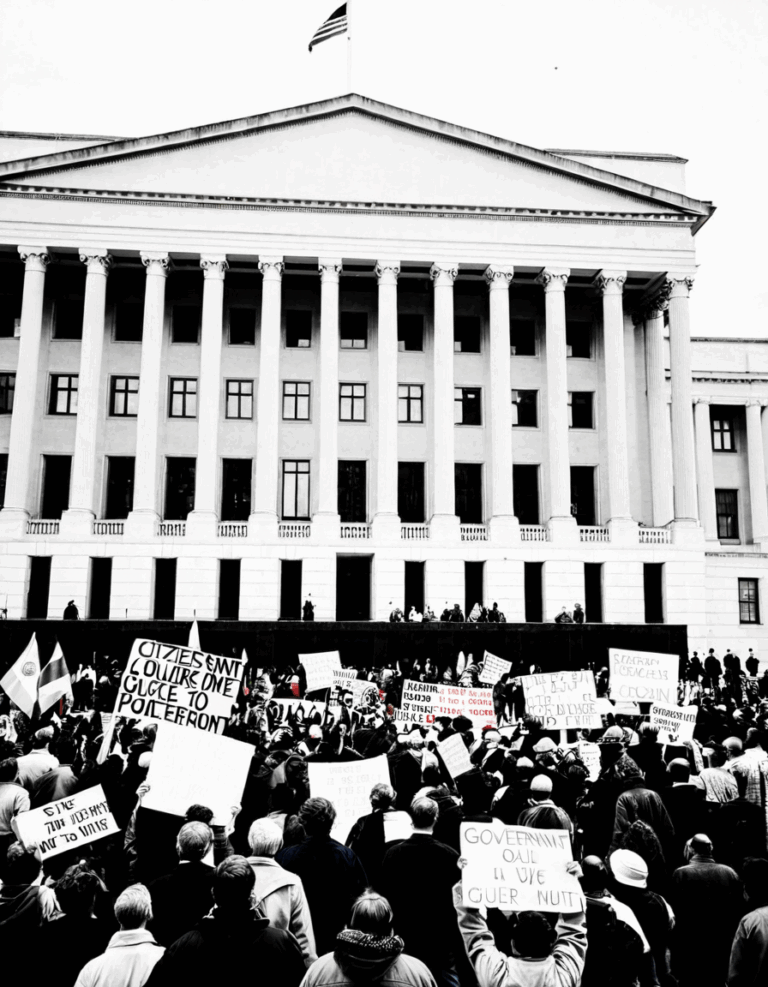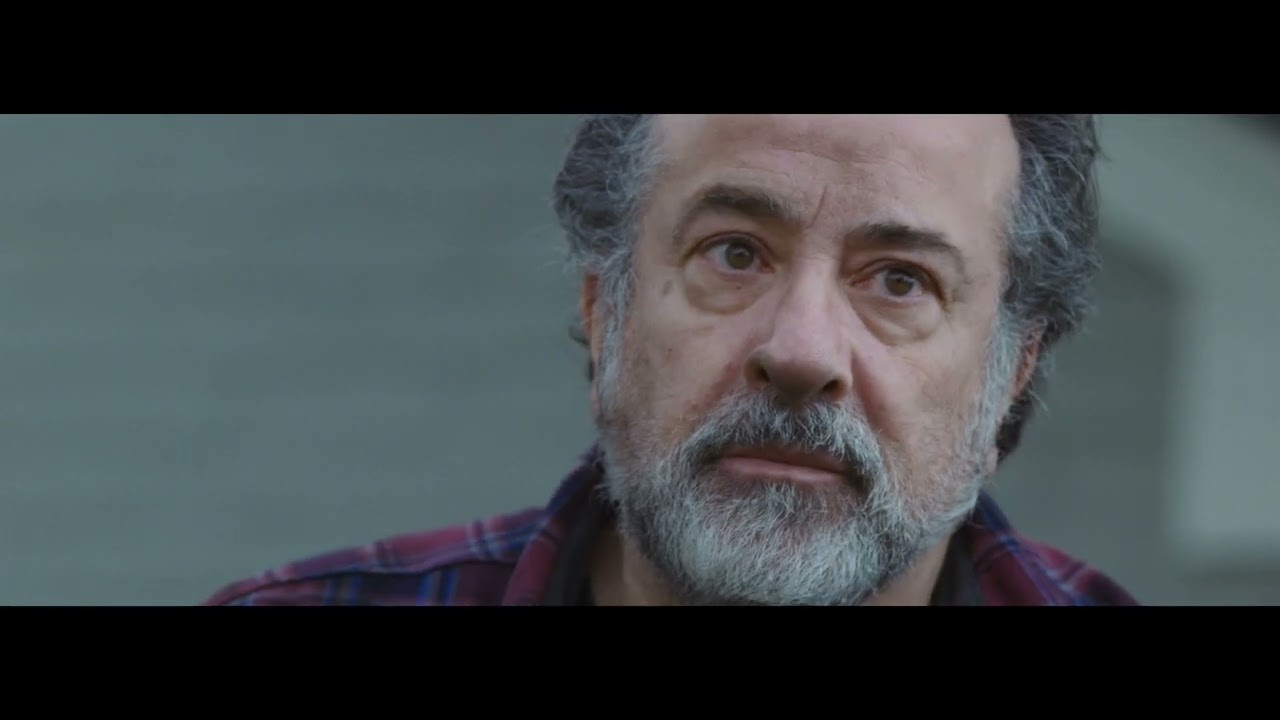
The Rise of Anti Jewish Hate Crimes: An Alarming Trend
In 2023, the rise of anti Jewish hate crimes has become an international crisis that demands our immediate attention. Reports from the World Jewish Congress reveal a distressing 30% uptick in anti-Semitic incidents compared to the previous year. What once seemed like a dark chapter in our shared history is now re-emerging, threatening to unleash a wave of division and discord. This resurgence not only undermines decades of progress but also challenges the very foundations of our democratic values, prompting an urgent plea for action and awareness.
The Gravitating Factors
Several factors are fueling this alarming trend. Increasing political polarization, misinformation online, and the toxic atmosphere created by certain social movements have escalated tensions. This ignites a widespread narrative that scapegoats Jewish communities, tying their misfortunes to complex geopolitical issues that don’t warrant such destructive animosity. As the conservative base, we must confront these narratives directly while upholding the importance of traditional values.
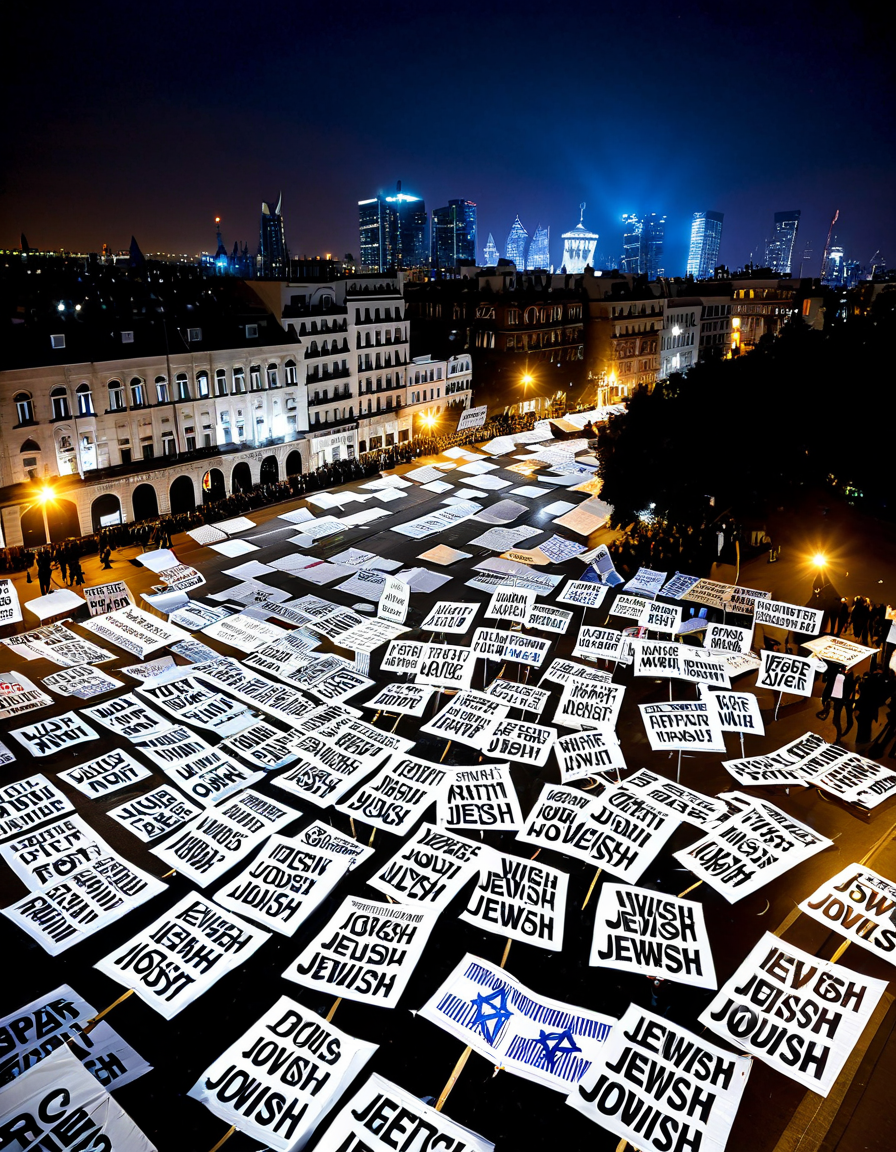
Top 5 Countries Experiencing a Surge in Anti Jewish Hate Crimes
As we look at the global landscape, some countries have experienced particularly shocking increases in anti Jewish hate crimes. Here’s a closer look at five nations grappling with this disheartening trend:

The Role of Squatter Groups in Fueling Anti Semitic Sentiments
A disturbing but often overlooked factor in the rise of anti Jewish hate crimes is the role of certain squatter groups. These organized movements, claiming to advocate for social justice, often propagate hostility towards Jewish communities. Misconceptions and allegations surrounding Israeli politics can quickly morph into anti-Jewish sentiments, putting innocent lives at risk.
Moreover, some squatting movements energize extremists, amplifying their dangerous ideologies while leaving Jewish communities feeling increasingly vulnerable. To combat this rise in hate, it’s essential to address the narratives perpetuated by these groups head-on, emphasizing facts over misguided beliefs.
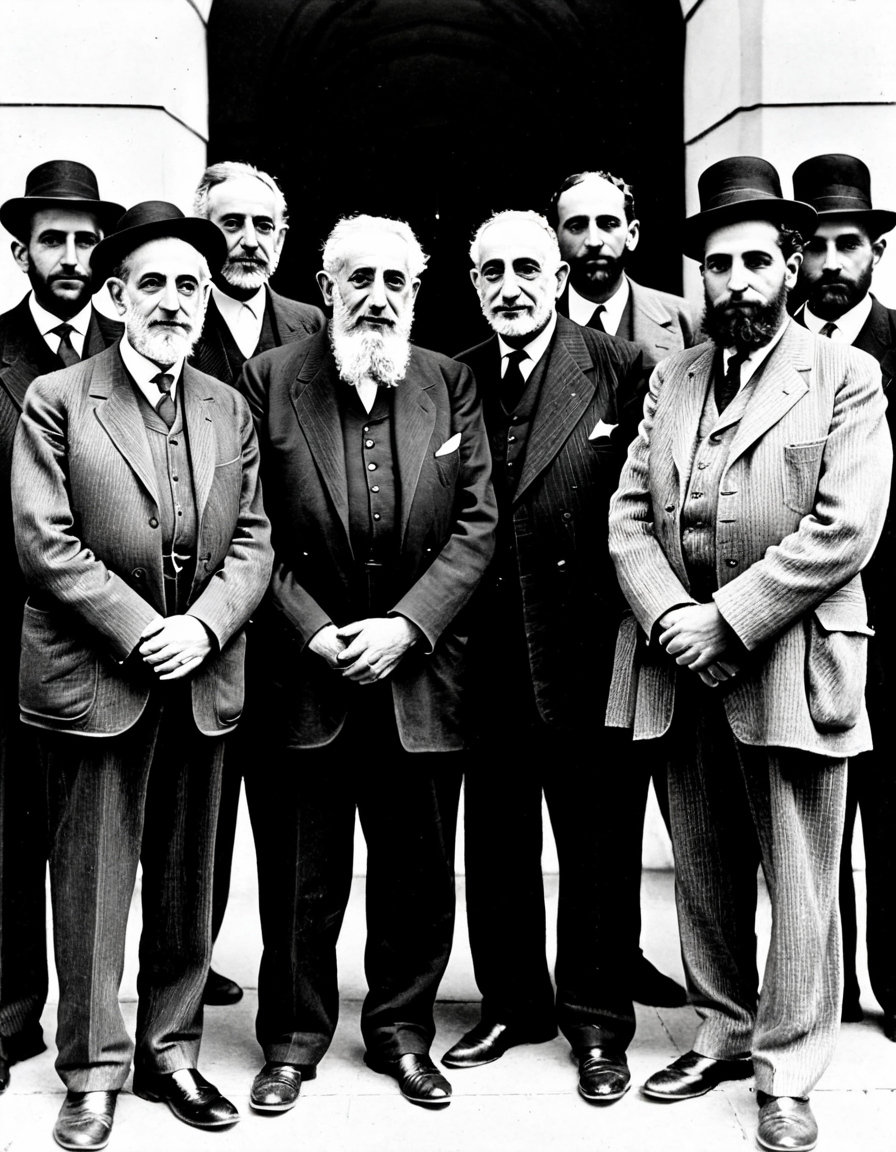
The Impact on Jewish Communities and Global Responses
The ripple effects of rising anti-Jewish hate crimes are profound. Jewish communities report feeling unsafe and threatened in their own neighborhoods. In response to this surge, Jewish organizations are ramping up security, investing millions into protecting their communities. This should concern all of us, regardless of our individual beliefs.
Global responses have varied significantly from country to country. Israel is among those leading the charge, stressing the need for solidarity among nations to combat hatred and violence. Advocacy groups have launched campaigns to educate the public about anti-Semitism, aiming to dispel harmful myths and create an environment of understanding. It’s high time we join these efforts to put an end to hatred.

Looking Ahead: Combating Anti Jewish Hate Crimes
Addressing the escalation of anti Jewish hate crimes will require a multifaceted approach. Governments must collaborate with NGOs, educational institutions, and community organizations to facilitate dialogue, promote education, and hold accountable those who perpetuate hate speech. We can’t ignore this fight; it’s essential to harness technology and social media to take a firm stand against online hate.
This worrying trajectory of anti Jewish hate crimes in 2023 signals a deeper societal issue that cannot continue unchecked. As a community, we must join together, advocating for a culture of understanding, respect, and openness. Only through this proactive engagement can we hope to quell the rising tide of hate that threatens our shared values. It’s time for all of us to unite, stand firm against all forms of discrimination, and protect those who need it most.
The Rise of Anti-Jewish Sentiment: An Eye-Opening Look
A Grimmer Global Picture
As we dive into the surge of anti-Jewish sentiments and incidents in 2023, it’s crucial to understand how societal attitudes shape these unfortunate events. Notably, hate crimes aren’t just an isolated issue; they echo broader systemic problems within civilizations. Speaking of definitions, did you know that the term “anti-Jewish” can be traced back to various historical contexts, with each reiteration holding its weight? If you’re curious, a blunt definition sheds some light on it.
Interestingly, anti-Jewish actions spiked during significant global events. For instance, during big occasions like Super Bowl Sunday, social media and public gatherings often reflect underlying tensions. It’s not surprising that in such heated atmospheres, prejudices sometimes bubble up to the surface. Hence, the need for communities to address these hateful sentiments, preserving the spirit of unity, cannot be overstated.
Cultural Relevance in Times of Abundance
It’s crucial to understand that anti-Jewish hatred isn’t just a relic of the past; it affects today’s society. Shocking, right? Recent polls indicated that a significant number of young people were unaware of the depths of historical antisemitism. Yet, ironically, many are incredibly savvy about pop culture. You’d think all that buzz about The Eagles Tour and the Eagles Super bowl would distract from these serious issues, but they can serve as platforms for awareness.
Even though the spotlight often shines on entertainment, it’s vital to remember that awareness leads to action. Just as folks rally around athletes or stars, communities need to rally against hate. With every click-scrolling through platforms like Craigslist in Huntsville, AL, people should also consume and spread messages that combat intolerance. So, next time you dive into the latest headlines, remember that anti-Jewish sentiment is still alive and kicking.
The Broader Implications
On a more serious note, it’s essential to recognize the long-standing implications of unchecked hate. Rising hate crimes challenge the very fabric of society, demanding not only reflection but proactive measures to create change. For instance, during incidents of racial injustice, figures emerge like Mr. Fit Sumare, who advocate for collective healing and understanding: a compelling contrast to divisive narratives.
Conversely, pop culture figures like Ilary Blasi can either mitigate or aggravate these tensions. Hence, understanding their influence becomes imperative in shifting anti-Jewish perspectives for good. Anti-Jewish hate crimes may seem disconnected from the pop culture we adore, but in truth, they’re deeply intertwined. It points to an urgent need for continuous dialogue, learning, and – importantly – community responsibility. The journey toward acceptance and understanding is a winding road, but every small step counts, just like securing your home insurance in Florida. By breaking down these barriers, perhaps we can prevent future injustices and build a more inclusive society together.
